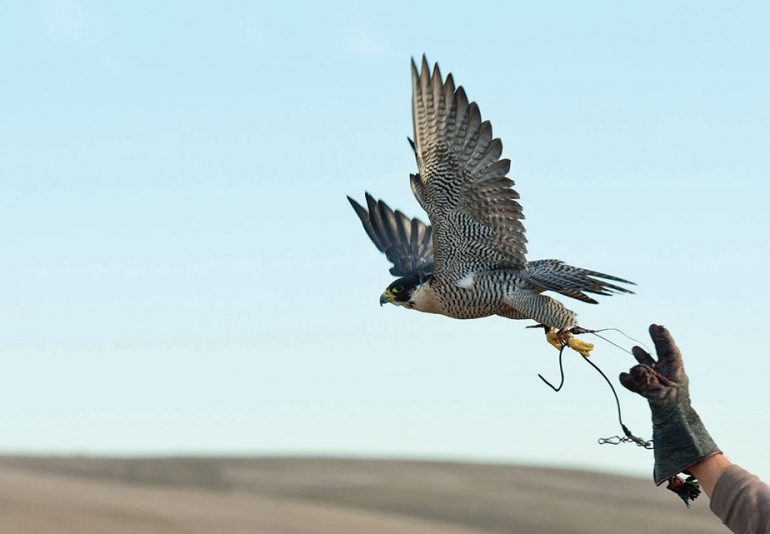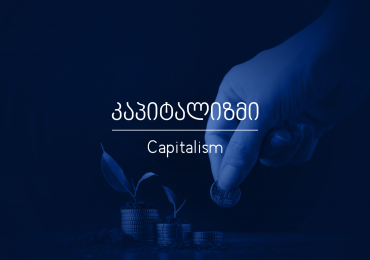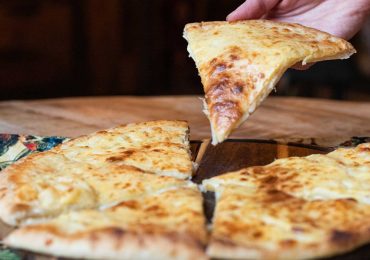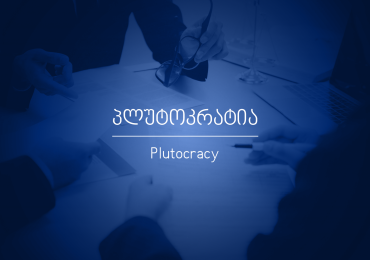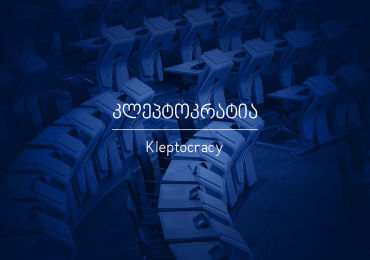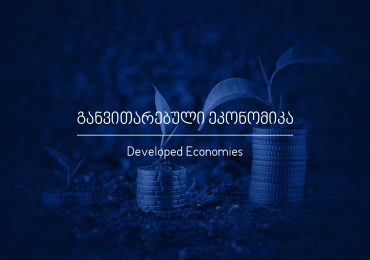What it takes to hunt with falcons in South Kazakhstan.
Do you want to go falcon hunting? In this case, welcome to South Kazakhstan. Truth be told, the key thing to remember: bring your bird.
EXCLUSIVE AMUSEMENT
In autumn, one can witness a real pilgrimage of Arab sheikhs to the vastness of southern Kazakhstan. They head there to hunt for IUCN Red List houbara bustards. They bring their own falcons, which are future trophies, as well as hunting partners.
Such a service – the chance to prey on houbaras – has been offered in Kazakhstan for over 18 years. In 2000, the government approved rules for hunting houbara bustards. According to these rules, permission to hunt them is given to individuals, including foreigners, who make a contribution to the protection and reproduction of the endangered species.
Arabs, who put money into houbara bustard research (UAE President Khalifa bin Zayed Al Nahyan founded the International Fund for Houbara Conservation), make use of these rules. In 2008, they financed the construction of a nursery for breeding wild houbaras within southern Kazakhstan, and in 2014 brought 2,000 houbaras to Kazakhstan and released them into the wild.
Sheikhs continue hunt in Kazakhstan. In 2017, personal licenses for 181 houbara bustards were given to four Arab sheikhs. One of them was allowed to hunt in South Kazakhstan, while the others will explore different areas of Kazakhstan.
Bakhyt Mussaliyev, the head of the wildlife and hunting sector of the regional forestry and wildlife department, said that this way of hunting raises substantial budget revenues (KZT 197,629,900 in 2017), and additionally supports the houbara bustards’ population in South Kazakhstan. “Before hunting houbaras, sheikhs bring them here and release into the wild. They bring, for example, 2,000 birds, but catch only the number they are allowed to, not more. Afterall, some of those 2,000 birds will breed. In this way they aid us by increasing the number of these birds on our land.”
For Arabs, hunting houbaras is a tradition. Catching a houbara with the help of a falcon is considered the most difficult part of this tradition. Arab visitors bring around a hundred of birds of prey with them, and for 10 days the falcons adapt to their new conditions in quarantine while the birds’ veterinarians take care of them. Special staff members also travel to Kazakhstan along with the falcons and veterinarians to prepare for the arrival of the guests. After that, the hunters themselves arrive and the royal hunting begins. It can last from one week up to a month.
ALL THAT IS MINE I CARRY WITH ME
And what about other foreigners, may they go falcon hunting in southern Kazakhstan? Yes they may, and they must also bring their own birds with them. The conditions for such hunting trips are stated in the Convention on International Trade in Endangered Species (CITIES), an international governmental agreement signed in Washington in 1973 as part of the International Union for the Conservation of Nature (UICN) resolutions. Kazakhstan joined this convention in April 1999.
“That means foreigners, when bringing in or taking out of our country any animal or bird specified in the appendices to the convention, must obtain the relevant permission from the CITIES administrative office in Kazakhstan: the Committee of Forestry and Fauna of the Ministry of Agricultureof the Republic of Kazakhstan,” said Yuriy Bokov, the game manager at the South Kazakhstan office of the Kansonar Association. “In the application for obtaining this permission, one should describe the bird, which must be brought in, as well as its weight, in details. And if permission is granted, foreign citizens may bring their falcons. Each bird is examined by a veterinary service, the regional inspection board and customs control. This is practiced so that an owner cannot replace the bird which he brought in. For instance, a person comes with an old falcon, catches a young one, and wants to leave with the young bird.”
There is one more requirement: to hunt using falcons, foreigners must enter into an agreement with the hunting establishment.
“A game keeper, by requirement, participates in all hunting by foreign guests. There is no difficulty in taking trophies out of the country, as we are talking about falconry, which involves small game or birds. A foreigner receives adescription certificate, which lists what he caught and how much,” said Mussaliyev.
What if a foreigner arrives to South Kazakhstan without a bird? “In this case he will not be able to hunt with a falcon legally,” said Bokov. “A falcon can be bought only in a nursery. But the prices go up to USD 3,000. Keeping falcons at home, in a backyard, is forbidden. That is why arranging a hunt with local falcons is, putting it mildly, not easy.”
The best season for falconry is sonar, as it is traditionally called by Kazakhs. Sonar is the very first snow, touched neither by animals nor by birds. Experienced hunters say that the falcon is a bird with a very complicated temper, which can bravely push back against anyone. For this reason, hunting with the help of the first bird available is a dangerous idea, as a falcon trusts only its handler. This may be the reason why falconry using someone else’s bird has not evolved in Kazakhstan.
დატოვე კომენტარი
